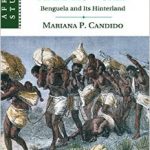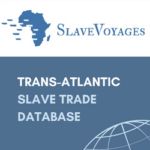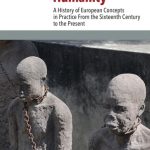On Monday, September 18, 2017, José C. Moya of Barnard College delivered a talk considering migration not as a current concern or “crisis” but as an intrinsic element of the human condition. Moya discusses migration as the very origin of our species, of its “racial” and cultural diversity, its global dispersion, and an engine of opportunity, innovation, and socioeconomic growth but also a source of disparities, inequalities, and conflict at global and local scales.
José C. Moya is professor of history at Director of the Forum on Migration at Barnard College, Director of the Institute of Latin American Studies at Columbia University, and Professor Emeritus at UCLA, where he taught for seventeen years and directed an equal number of doctoral dissertations. He has been a visiting professor at the universities of Paris, San Andres (Argentina), and Santiago de Compostela (Spain) and invited speaker or research fellow at the universities of Berlin, Vienna, Krakow, Oxford, Leiden, Louvain, Fudan in Shanghai, Tel Aviv, Sao Paulo, the London School of Economics, and the Colegio de Mexico, among others.
Professor Moya has authored more than fifty publications, including Cousins and Strangers: Spanish Immigrants in Buenos Aires, 1850-1930, a book that received five awards, World Migration in the Long Twentieth Century, co-authored with Adam McKeown, and The Oxford Handbook of Latin American History, an edited volume on Latin American historiography. He is currently working on a book about anarchism in Buenos Aires and the Atlantic World during the belle époque and editing a book titled “Atlantic Crossroads: Webs of Migration, Culture and Politics between Europe, Africa, and the Americas, 1800-2010.”
The talk was sponsored by the Institute for Historical Studies, LLILAS Benson, and International Relations and Global Studies.
The views and opinions expressed in this article or video are those of the individual author(s) or presenter(s) and do not necessarily reflect the policy or views of the editors at Not Even Past, the UT Department of History, the University of Texas at Austin, or the UT System Board of Regents. Not Even Past is an online public history magazine rather than a peer-reviewed academic journal. While we make efforts to ensure that factual information in articles was obtained from reliable sources, Not Even Past is not responsible for any errors or omissions.



